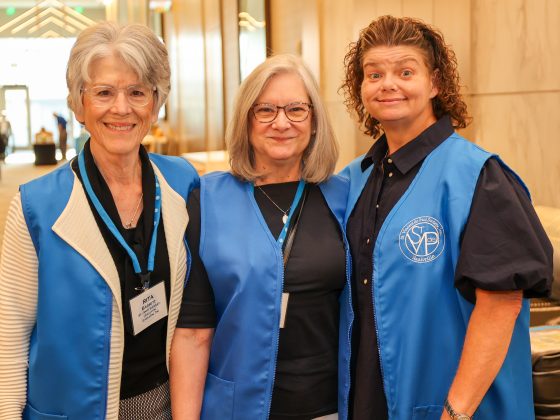Formation is not a single thing we do; it is a lifelong process of becoming. In all that we read, in all that we contemplate, in all those we meet, and in all that we do, we are being formed. We can allow ourselves to be formed passively – consuming the pop culture, feeding our appetites – or we can form ourselves deliberately, with a specific end in mind.
In other words, as Blessed Frédéric once wrote, “Life is despicable if we consider it according to how we use it, but not if we recognize how we could use it, if we consider it as the most perfect work of the Creator…” [Letter 136, to Lallier, 1836]
Aristotle proposed that we become by doing: if you want to become a builder, you build. By extension, he argued, if you wish to become virtuous, you do virtuous things; you practice the virtues. [Nichomachean Ethics] St. Vincent echoed this idea when he taught that “the will has to act, and not just the understanding; for all our reasons are fruitless if we don’t go on to [actions.]” [CCD XI:175]
And so, from our earliest days, following the guidance of our families and churches, we learn through our actions how to be better. Our actions form us, and they can form us for better or worse, and this is the core of what we call the Human Dimension of Formation. As Vincentians, we choose our actions more deliberately, more specifically. We choose to serve our neighbors, exactly as Christ asks us to do. If it is really that simple, why does it take a lifetime?
It would be wonderfully easy if our Christian formation could be completed with a single home visit, wouldn’t it? It also would be wonderfully easy if a single trip to the gym would make us fit and slender for life! Simple, it turns out, does not always mean easy. After all, even a clearly marked path may be narrow, or steep.
Each time we serve the neighbor and do so for love alone, we seek to do His will. Our actions bring us closer to God, a little bit at a time. Our actions form us, and transform us, but not all at once.
The Lord tells us, in the Book of Leviticus, to be holy, for He is holy. Christ tells us, in the Gospel of Matthew, to be perfect, just as the Father is perfect. The word “holy” comes from the Old English hāl, meaning “whole” or “complete.” The word “perfect” comes from the Latin perficere, meaning “to complete.”
Christ is the light and the life; He is perfect; He is complete. The rest of us continue in our formation, our lifelong process of becoming.
Contemplate
How was I formed today? What drew me closer to God?



